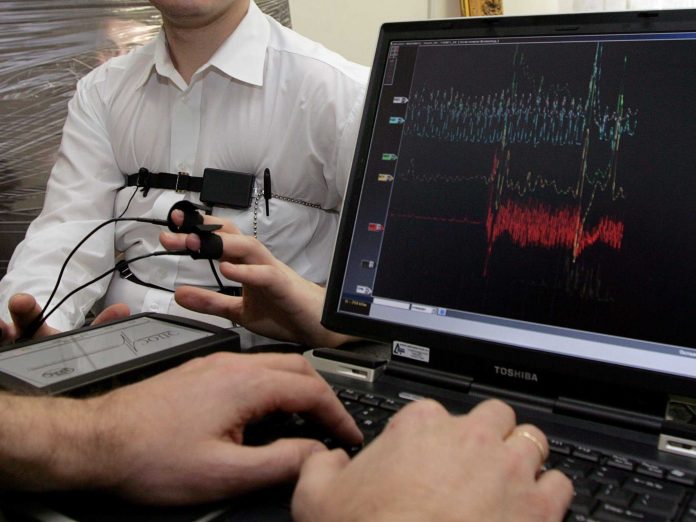Unmasking Truth: The Power of Lie Detector Tests
Unmasking Truth: The Power of Lie Detector Tests
Blog Article

In a world where truth and deception often intermingle, the quest for uncovering the truth has been an ongoing challenge. This search has led to the development of various methods and techniques, one of which is the lie detector test. Also known as a polygraph test, this tool has become an indispensable tool in the realm of investigations, law enforcement, and even employment screening. Its ability to gauge physiological responses to questions has made it a powerful instrument in unmasking falsehoods and revealing the underlying truths that lie beneath the surface.
History of Lie Detector Tests
Lie detector tests, also known as polygraphs, have a long and fascinating history. The concept of using physiological responses to detect deception dates back to the early 20th century. While the technology has evolved over the years, the fundamental principle remains the same - to determine if an individual is being truthful or deceptive.
The first practical lie detector test was developed by John Augustus Larson, a medical student and police officer, in the 1920s. Larson's device measured changes in a person's blood pressure, pulse rate, and respiration while they answered a series of questions. This pioneering work laid the foundation for modern polygraph testing and set the stage for its widespread use in criminal investigations and other applications.
Over the decades, lie detector tests have gained both supporters and critics. Despite ongoing debates about their accuracy and reliability, polygraphs continue to be used in various settings, including law enforcement, employment screenings, and even reality TV shows. The history of lie detector tests is a testament to the enduring quest for ways to uncover the truth and verify the credibility of those being tested.
Accuracy and Controversies
Lie detector tests are often lauded for their supposed accuracy in detecting deception. Proponents claim that these tests can identify fluctuations in physiological responses, such as heart rate and skin conductivity, which are indicative of lying. However, critics argue that these physiological responses can also be triggered by stress, anxiety, or other factors unrelated to deception.
One of the main controversies surrounding lie detector tests is their reliability in differentiating between truth and falsehood. While supporters argue that these tests can accurately pinpoint deceptive responses, detractors point to instances where innocent individuals have been wrongly identified as liars due to inaccuracies in the testing process.
Moreover, the use of lie detector tests in legal settings has come under scrutiny. Critics question the validity of using these tests as evidence in court, citing concerns about the potential for bias, human error, and the lack of standardization in administering the tests. This ongoing debate underscores the complex nature of lie detector tests and the challenges associated with relying solely on them to determine the truth.
Ethical Considerations
Many experts in the field of psychology raise ethical concerns regarding the use of lie detector tests, also known as polygraph examinations. One issue is the potential for false positives and false negatives, which can have serious consequences for individuals being tested. This raises questions about the reliability and accuracy of these tests in determining truthfulness.
Moreover, there is a debate surrounding the invasion of privacy that occurs during lie detector tests. The questions asked during the examination can delve into personal and sensitive areas of an individual's life, creating discomfort and potentially violating their right to privacy. This ethical dilemma highlights the need for careful consideration of the impact of these tests on individuals' mental and emotional well-being.
Lie detector exam
Additionally, the biased interpretation of lie detector test results is a significant ethical concern. The subjective analysis of physiological responses by examiners can introduce human error and personal bias into the assessment process. This raises doubts about the objectivity and impartiality of the results obtained from these tests, emphasizing the importance of ethical guidance and oversight in their use.
Report this page